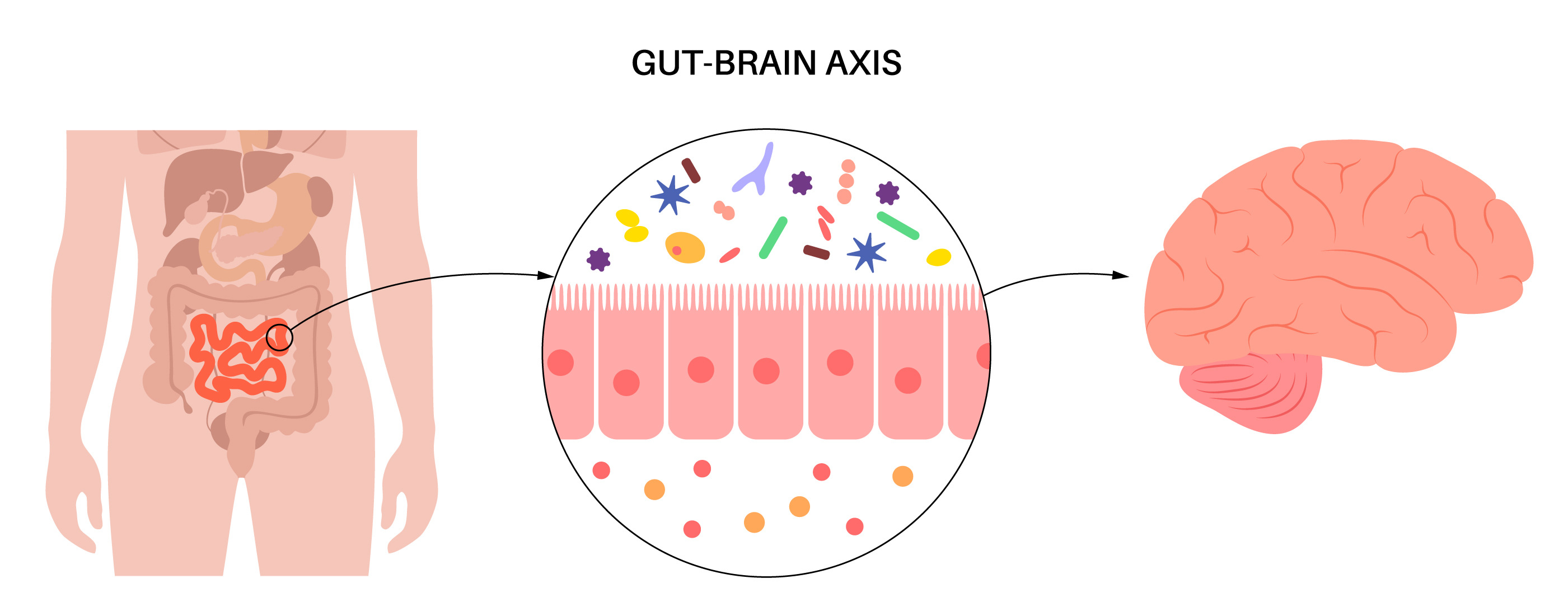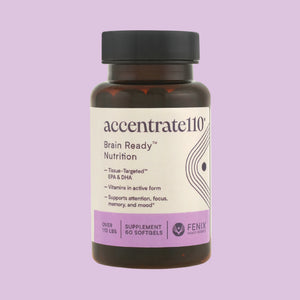Increasing Microbiome Diversity with Probiotics

Many expensive probiotics will provide ten, twelve, or even thirty-four probiotic strains in one product. Though all the strains may have healthy benefits, the problem with taking too many strains at the same time is that they will be competing against each other for colonization in the gut…and then few or none actually do.
Good probiotics aim to create microbiome diversity by providing a variety of good bacteria in different stages, which allows time for the strains to colonize in the gut.
Why is the gut microbiome important?
A healthy gut needs a diverse population of beneficial bacteria. Probiotics need to contain several strains in clinical amounts, and they need to be able to colonize without competition. MicroVita® probiotics are formulated to cultivate a healthy microbiome within the gut microenvironment to promote a happy, energetic, and focused self by restoring important, often missing, microbes.
You’ve likely heard that most disease begins in the gut, but did you know that the gut and brain are intimately connected? A bidirectional communication between the gut and the brain (called the gut–brain axis) is well-recognized, and the gut microbiota are viewed as a key regulator of this crosstalk.1 Microorganisms amounting to more than 1 kg inhabit the digestive tract; these are considered to be the most important microorganisms in the human body, and they are collectively called the gut microbiota.2

“It is well established that the gut microbiome…influences host development and physiology, playing a key role in the balance between health and disease.”3 The microbiota can experience changes, usually as a result of environmental impacts, which can cause a loss of diversity and/or important strains or even the addition of unhealthy strains.
References:
[1] Cenit, et al. “Gut microbiota and attention deficit hyperactivity disorder: new perspectives for a challenging condition.” European child & adolescent psychiatry, 26.9 (2017): 1081-1092.
[2] Liang, et al. “Gut-brain psychology: rethinking psychology from the microbiota–gut–brain axis.” Frontiers in integrative neuroscience, 12 (2018): 33.
[3] Cenit, et al. “Gut microbiota and attention deficit hyperactivity disorder: new perspectives for a challenging condition.” European child & adolescent psychiatry, 26.9 (2017): 1081-1092.
These statements have not been evaluated by the Food and Drug Administration. This product is not intended to diagnose, treat, cure, or prevent any disease.
- Tags: probiotics




